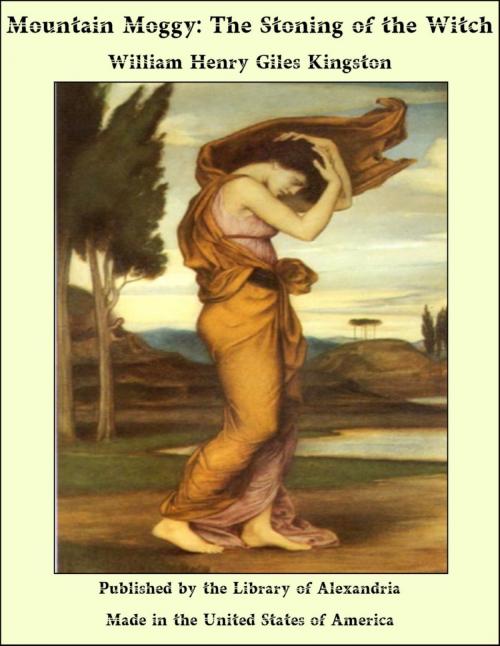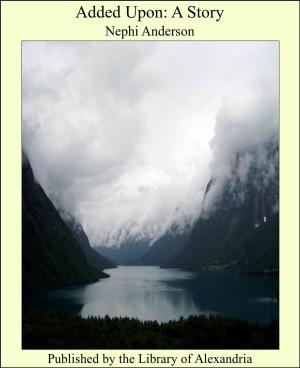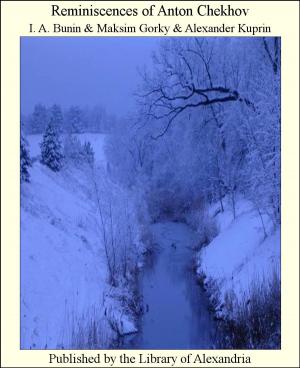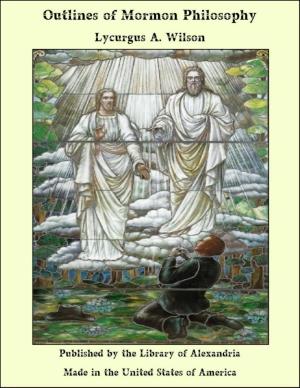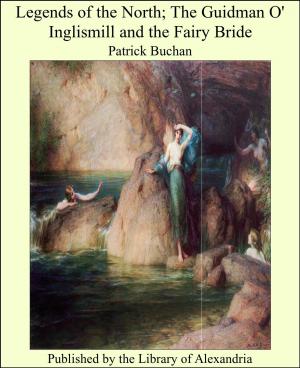Mountain Moggy: The Stoning of the Witch
Nonfiction, Religion & Spirituality, New Age, History, Fiction & Literature| Author: | William Henry Giles Kingston | ISBN: | 9781465597120 |
| Publisher: | Library of Alexandria | Publication: | March 8, 2015 |
| Imprint: | Language: | English |
| Author: | William Henry Giles Kingston |
| ISBN: | 9781465597120 |
| Publisher: | Library of Alexandria |
| Publication: | March 8, 2015 |
| Imprint: | |
| Language: | English |
The succession of mountain ranges, precipitous and rugged, which extend from the shores of the Irish Sea to the boundaries of England, rising tier above tier, and culminating, at different points, in the heights of Snowdon, Cader Idris, and Plinlimmon, gives to wild Wales that romantic beauty for which it is so justly celebrated. That mountain region, too, guarded by the strong arms and undaunted hearts of its heroic sons, formed an impassable bulwark against the advance of barbarian invaders, and remained for many years, while Saxon England was yet pagan, the main refuge of that Christian religion to which Britain owes its present greatness. Yet subsequently, on account of the inaccessible nature of the country, the inhabitants, separated from their more enlightened fellow-subjects, remained for a long period almost as ignorant as their ancestors in the dark ages; and, till of late years, retained many of the grosser superstitions and customs of those times. A young traveller was climbing the side of one of these mountain ranges facing the ocean, the silvery waters of which could be discerned in the distance, when he observed, far up, a hut. Solitary and cheerless it looked, scarcely to be distinguished from the sombre colouring of the surrounding ground and the rocks and bushes amid which it stood. It was weather-worn and dilapidated, and appeared altogether unfit to be the abode of a human being; indeed, a thin wreath of peat smoke ascending from an aperture in the roof alone made it likely that it was inhabited.
The succession of mountain ranges, precipitous and rugged, which extend from the shores of the Irish Sea to the boundaries of England, rising tier above tier, and culminating, at different points, in the heights of Snowdon, Cader Idris, and Plinlimmon, gives to wild Wales that romantic beauty for which it is so justly celebrated. That mountain region, too, guarded by the strong arms and undaunted hearts of its heroic sons, formed an impassable bulwark against the advance of barbarian invaders, and remained for many years, while Saxon England was yet pagan, the main refuge of that Christian religion to which Britain owes its present greatness. Yet subsequently, on account of the inaccessible nature of the country, the inhabitants, separated from their more enlightened fellow-subjects, remained for a long period almost as ignorant as their ancestors in the dark ages; and, till of late years, retained many of the grosser superstitions and customs of those times. A young traveller was climbing the side of one of these mountain ranges facing the ocean, the silvery waters of which could be discerned in the distance, when he observed, far up, a hut. Solitary and cheerless it looked, scarcely to be distinguished from the sombre colouring of the surrounding ground and the rocks and bushes amid which it stood. It was weather-worn and dilapidated, and appeared altogether unfit to be the abode of a human being; indeed, a thin wreath of peat smoke ascending from an aperture in the roof alone made it likely that it was inhabited.
